Here's the game you didn't know you needed to play
Electricity distribution networks are complicated. So are the games based on them.
It's getting cold! Here are Energy Coach's seasonal tips for staying warm over the winter period ahead.
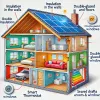
As the winter chill sets in across Australia, June marks the beginning of increased energy consumption in many households. With shorter days and cooler temperatures, it's crucial to focus on energy efficiency to maintain comfort while keeping costs down. This article provides short-term and long-term strategies to help Australian homeowners and renters maximise their energy efficiency during this winter month.


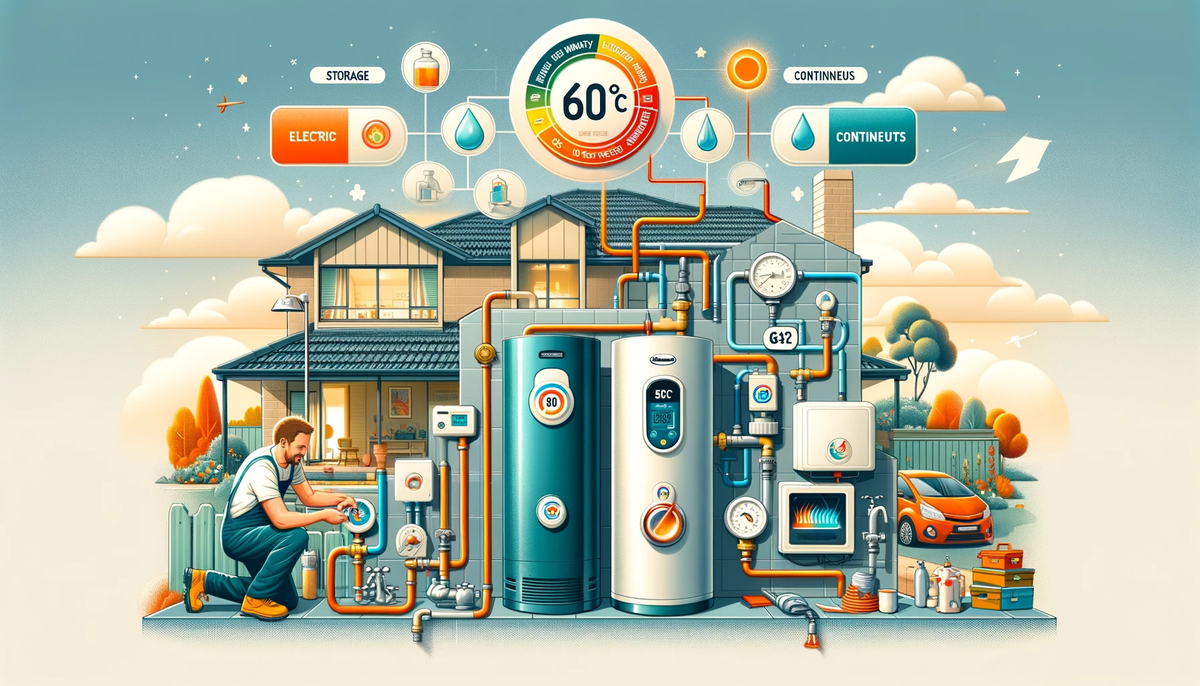
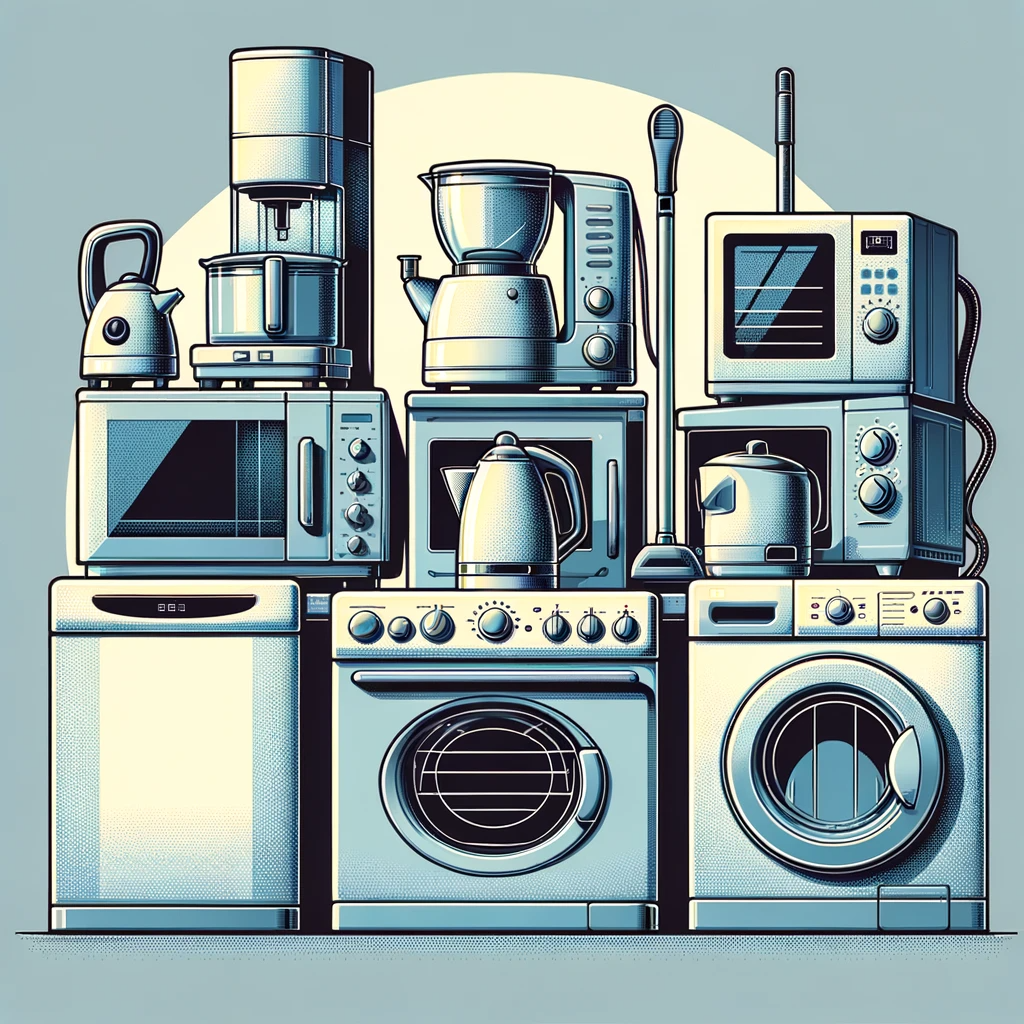

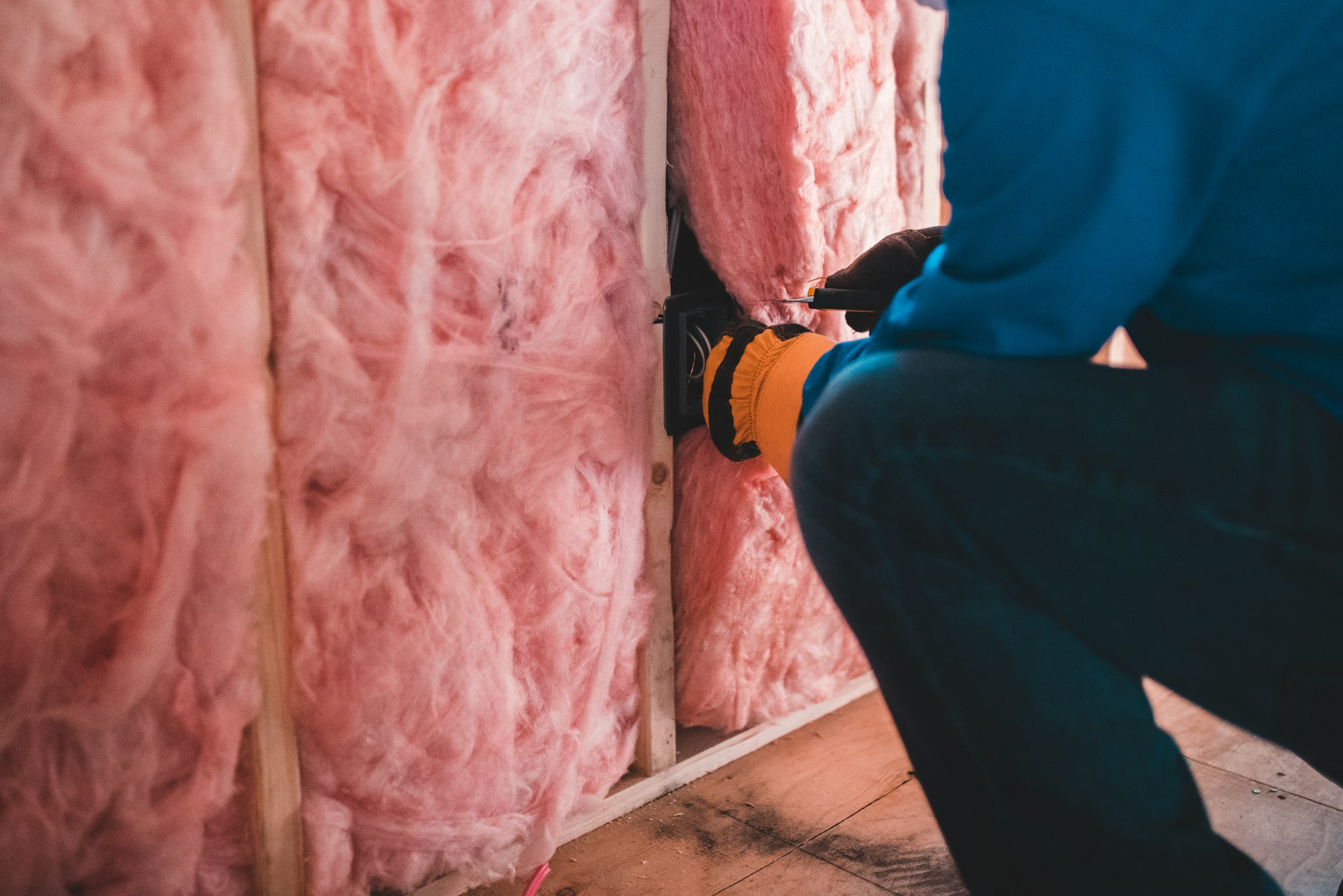
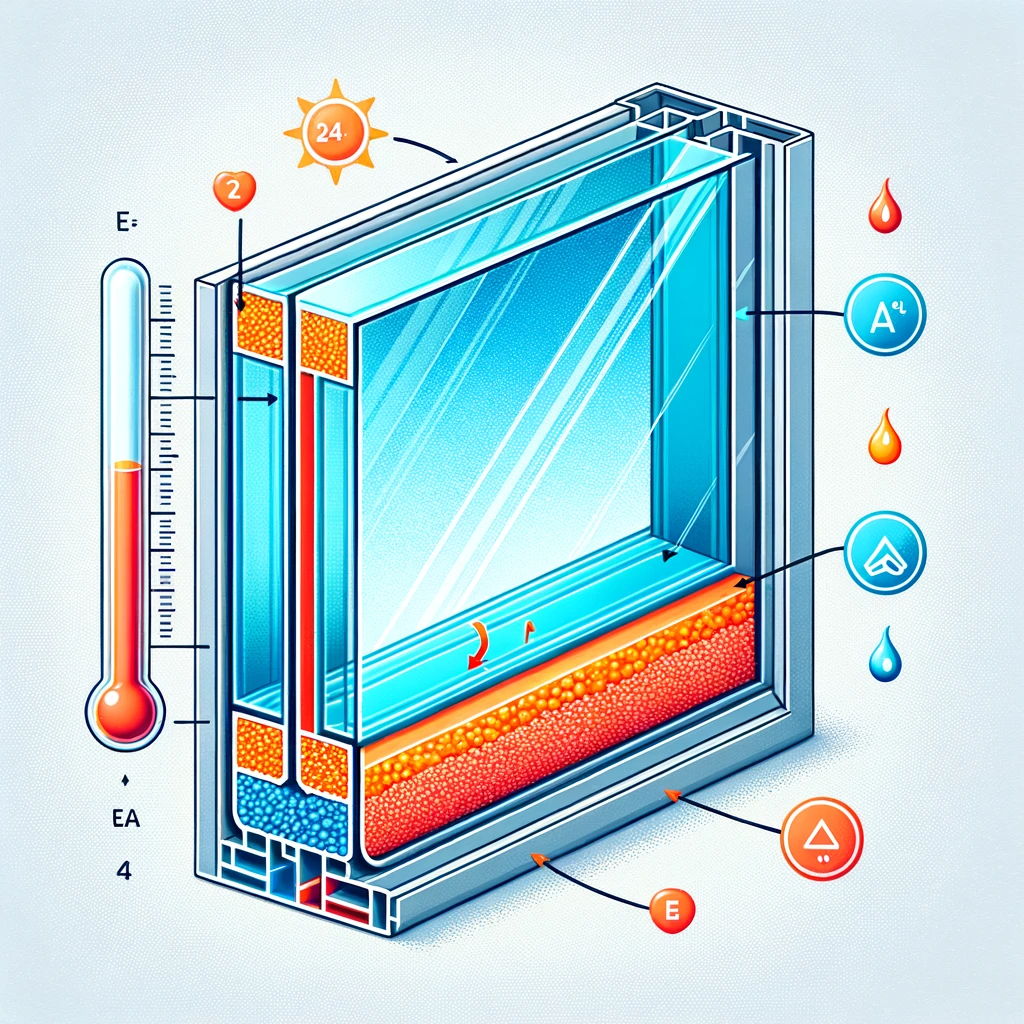

Bill Hero has partnered with SolarQuotes, the leading Solar quote provider in Australia, to help you get up to 3 no obligation solar quotes from fully qualified installers, absolutely for free.
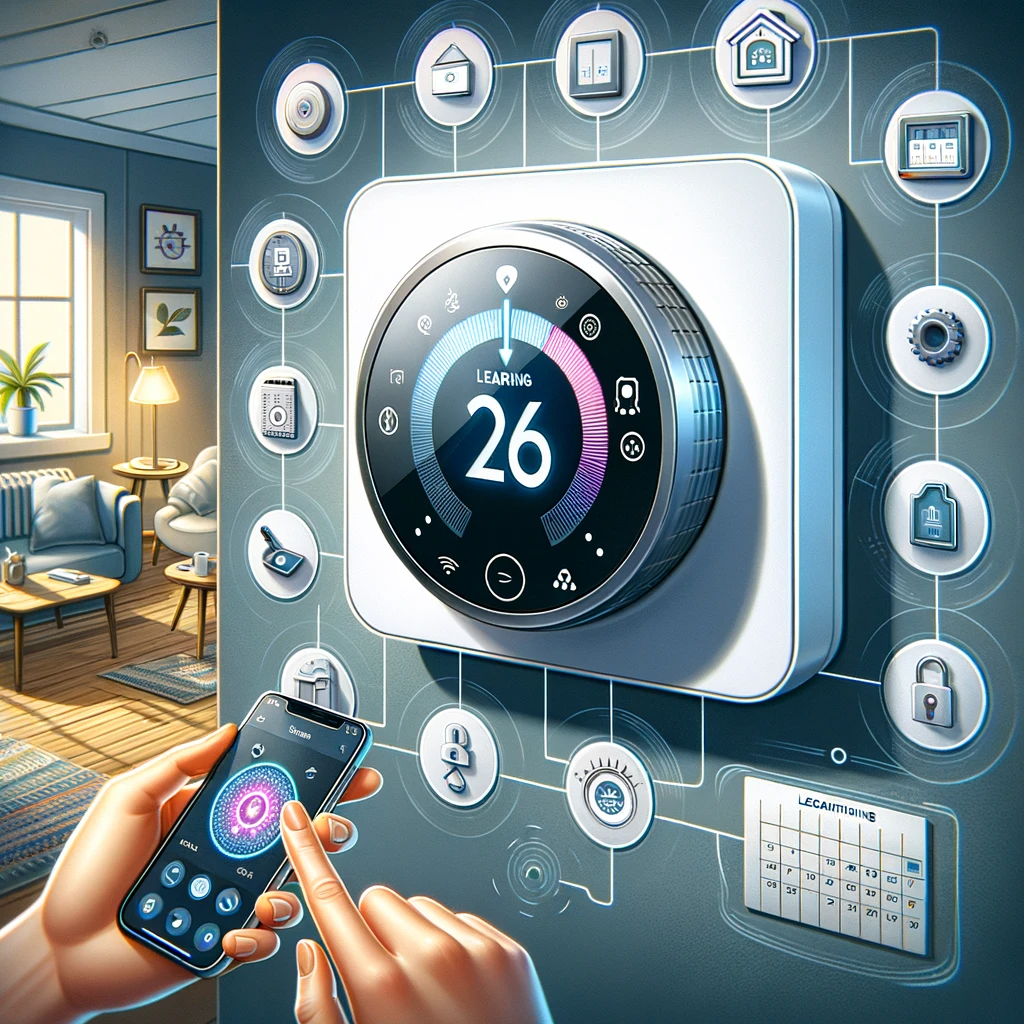
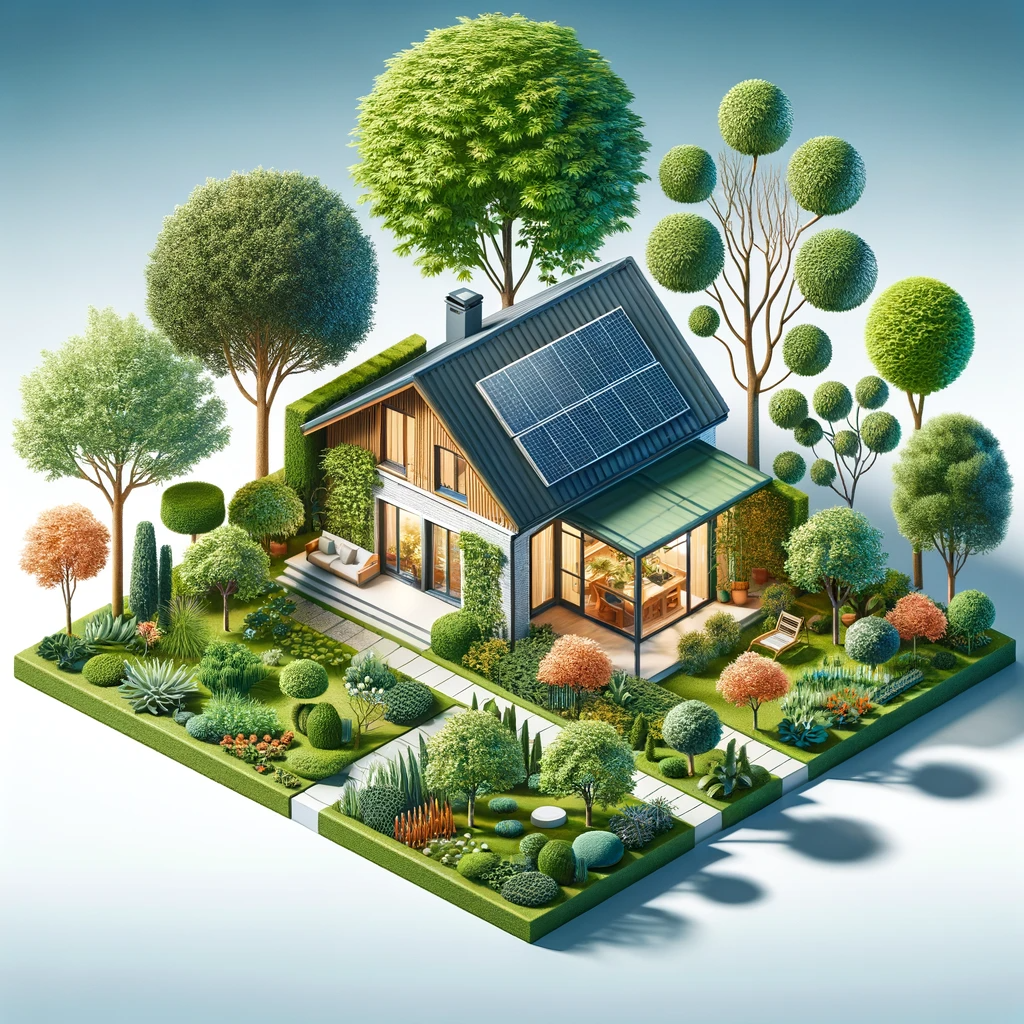

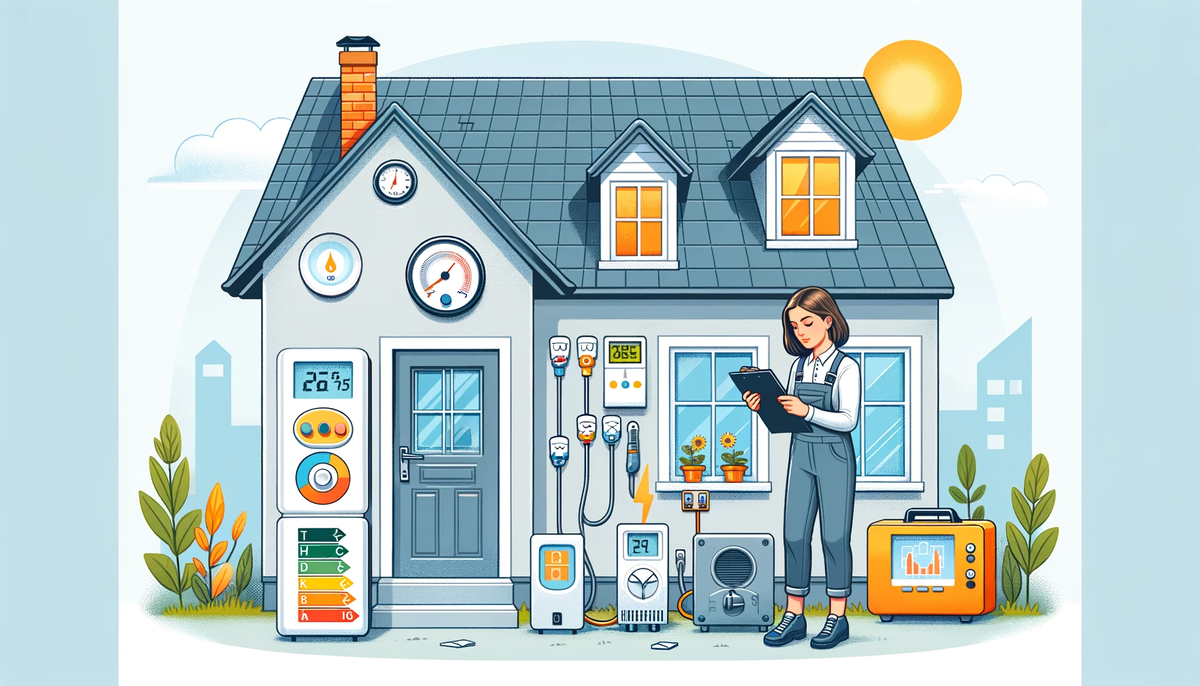
Maximizing energy efficiency in Australian homes during June requires a combination of immediate actions and long-term planning. By implementing these strategies, households can significantly reduce their energy consumption and costs while maintaining comfort during the cooler months. Remember that every home is unique, so tailor these suggestions to your situation for the best results. With consistent effort and smart investments, you can create a more energy-efficient home that benefits both your wallet and the environment.
Got opinions about estimated energy bills? Have your say in the comments, but please first read and understand our Community Guidelines.

Savings as a Service is the blog site and newsletter from Bill Hero. Subscribe now and get your energy savings tips and information delivered fresh to your inbox every month.